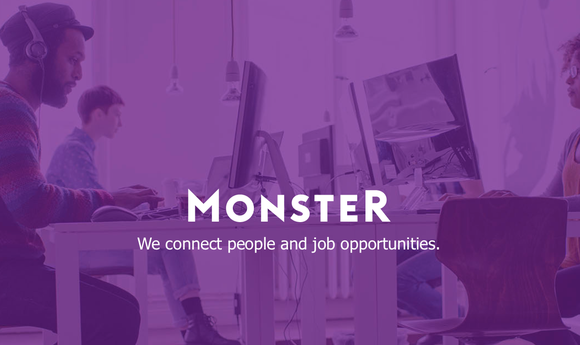It is not just startups shaking up the AI world. JPMorgan discusses its artificial intelligence program. Going Solo in the Freelance Economy starts looking better.
When I left Big Firm, it was for personal reasons. I did not leave shaking my fist at a horrible culture and history of injustice. I did not experience that. I started thinking about a professional life staring at a different set of walls. I began to question my place in the Big Firm ecosystem and whether I could succeed without the safety net. Lucky me, I could.
For many attorneys, the choice will not be theirs to make. Technology is coming for their jobs.
Junior attorneys in bigger firms spend most of their time in some sort of document review and document processing roles. This is necessary grunt work, and it is how junior attorneys learn, when they pay attention.
Billable rates have continued to increase, and clients push back when they can. However, discovery in litigation and due diligence in transactional work must get done. What happens when software can take the place of expensive junior associates?
It is about to happen.
There have been a number of articles lately about first generation artificial intelligence tools for this type of work and their early adopter law firms.
Last week, Bloomberg reported on JPMorgan’s COIN, or Contract Intelligence, program. It reviews commercial loan agreements, something that consumed 360,000 hours of work by lawyers and loan officers each year. That task now takes seconds, has fewer errors, does not ask for vacations or have the other baggage associated with human employees.
In addition, JPMorgan’s machine learning and big data system helps automate software coding.
In legal circles, litigation document review was seen as the low-hanging fruit for AI software. However, any white collar position that provides a service that is based on rote activities can and will be replaced by software. It may not be tomorrow, but it is sooner than you think. JPMorgan is already planning to license its service to its bigger clients who are staffed to the rafters with white collar “thought employees” who are about to be replaced by code.
Many people believe their job cannot be at risk to computers because computers do not have the judgement capabilities of humans. But:
As for COIN, the program has helped JPMorgan cut down on loan-servicing mistakes, most of which stemmed from human error in interpreting 12,000 new wholesale contracts per year, according to its designers.
The software is doing other tasks that lots of humans now perform:
For simpler tasks, the bank has created bots to perform functions like granting access to software systems and responding to IT requests, such as resetting an employee’s password, Zames said. Bots are expected to handle 1.7 million access requests this year, doing the work of 140 people.
I am not writing this as a doom-and-gloom article about lost employment. I think this is ultimately a good thing. No one knows about the opportunities that will arise from this shift.
It does mean that people should recognize the shift and their place in it. Stability, comfort and complacency in large organizations has been an antiquated notion for a while. Maybe Going Solo and finding your place in the Freelance Economy is a path forward.


